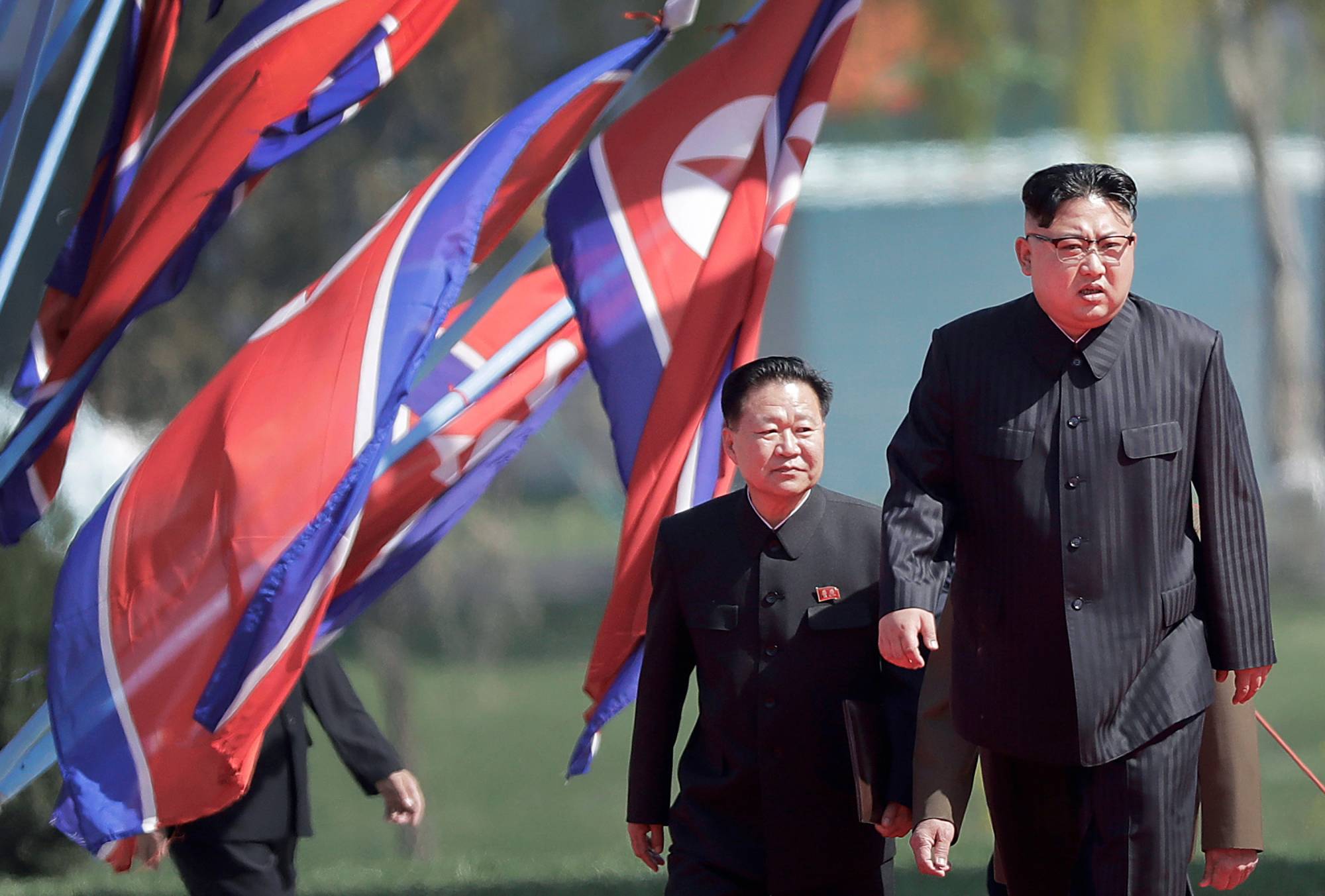
Curious about the Kim Dynasty? This powerful family has ruled North Korea for decades, shaping its history and politics. From Kim Il-sung's rise to power to Kim Jong-un's current leadership, the Kims have left an indelible mark on the nation. But what do we really know about them? This blog post dives into 36 intriguing facts about the Kim Dynasty, revealing their secrets, quirks, and influence. Ever wondered how they maintain control or what their daily lives are like? Get ready to uncover some surprising details that paint a fuller picture of this enigmatic family. Let's get started!
Key Takeaways:
- The Kim Dynasty has ruled North Korea for decades, shaping the country's culture and international relations. Their leadership style and influence on North Korean society have been significant.
- The Kim family's cult of personality, impact on culture, and international relations have made them a powerful and influential force in North Korea and the world. Their future remains uncertain amidst economic challenges and international pressure.
The Origins of the Kim Dynasty
The Kim Dynasty has ruled North Korea since its establishment in 1948. This family has shaped the country's politics, culture, and international relations.
- Kim Il-sung founded North Korea in 1948 and led the country until his death in 1994.
- Kim Il-sung was born Kim Song-ju in 1912.
- He adopted the name "Kim Il-sung" after a famous Korean guerrilla fighter.
- Kim Il-sung's leadership style was heavily influenced by Soviet and Chinese communism.
Kim Jong-il: The Dear Leader
Kim Jong-il, the son of Kim Il-sung, took over leadership after his father's death. His rule was marked by a strong personality cult and strict control over the country.
- Kim Jong-il was born in 1941 or 1942; the exact year is disputed.
- He was known as the "Dear Leader" during his rule.
- Kim Jong-il had a passion for cinema and reportedly owned over 20,000 movies.
- He directed several North Korean films and even kidnapped a South Korean director to improve the country's film industry.
- Kim Jong-il's rule saw a devastating famine in the 1990s, leading to the deaths of hundreds of thousands of North Koreans.
Kim Jong-un: The Supreme Leader
Kim Jong-un, the current leader, continues the family's legacy with a mix of modernization and strict authoritarian control.
- Kim Jong-un was born in 1983 or 1984; like his father, his birth year is not confirmed.
- He studied in Switzerland under a pseudonym during his teenage years.
- Kim Jong-un became the Supreme Leader of North Korea in 2011 after his father's death.
- He is known for his love of basketball, particularly the NBA.
- Under his rule, North Korea has conducted several nuclear tests, escalating tensions with other countries.
- Kim Jong-un has met with several world leaders, including U.S. President Donald Trump, in unprecedented diplomatic efforts.
The Cult of Personality
The Kim Dynasty has built a strong cult of personality around its leaders, portraying them as almost divine figures.
- Statues and portraits of Kim Il-sung and Kim Jong-il are found throughout North Korea.
- North Koreans are required to wear badges with the images of Kim Il-sung and Kim Jong-il.
- The leaders' birthdays are national holidays, celebrated with grand parades and events.
- North Korean history books often exaggerate the achievements and abilities of the Kim family.
- The state-controlled media constantly praises the Kim family, reinforcing their god-like status.
The Kim Family's Influence on Culture
The Kim Dynasty has had a significant impact on North Korean culture, from art to education.
- Kim Il-sung established the Juche ideology, which emphasizes self-reliance and independence.
- The Arirang Mass Games, a massive gymnastics and artistic festival, celebrate the Kim family's legacy.
- North Korean literature often features stories of the Kim family's heroism and wisdom.
- The education system heavily focuses on the teachings and history of the Kim family.
- Kim Jong-il wrote several books on art and cinema, which are considered essential reading in North Korea.
The Kim Dynasty and International Relations
The Kim family has played a crucial role in shaping North Korea's foreign policy and international relations.
- Kim Il-sung established close ties with the Soviet Union and China during the Cold War.
- North Korea remains one of the most isolated countries in the world, with limited diplomatic relations.
- The Kim family has used nuclear weapons development as a bargaining tool in international negotiations.
- Kim Jong-un's meetings with world leaders have been seen as attempts to break North Korea's isolation.
- Despite international sanctions, the Kim family has maintained a luxurious lifestyle, with access to foreign goods and services.
The Future of the Kim Dynasty
The future of the Kim Dynasty remains uncertain, with questions about succession and the country's direction.
- Kim Jong-un has three known children, but their identities are kept secret.
- There are rumors that Kim Jong-un's sister, Kim Yo-jong, could be a potential successor.
- The Kim family has faced several assassination attempts and internal power struggles.
- North Korea's economic challenges and international pressure could impact the Kim family's hold on power.
- The Kim Dynasty's ability to adapt to changing global dynamics will determine its future.
- Despite challenges, the Kim family remains deeply entrenched in North Korean society and politics.
Final Thoughts on the Kim Dynasty
The Kim Dynasty of North Korea has a rich, complex history that continues to captivate the world. From Kim Il-sung's rise to power to Kim Jong-un's current rule, this family has shaped North Korea's political landscape for decades. Their authoritarian regime, marked by strict control and propaganda, has created a unique, isolated nation. Despite the controversies and human rights issues, the Kims maintain a firm grip on power, showcasing their ability to adapt and survive in a changing world. Understanding the Kim Dynasty offers valuable insights into North Korea's past, present, and future. Whether you're a history buff or just curious about global politics, the story of the Kims is a fascinating one that continues to unfold. Keep an eye on this intriguing family as they navigate the challenges of the 21st century.
Frequently Asked Questions
Was this page helpful?
Our commitment to delivering trustworthy and engaging content is at the heart of what we do. Each fact on our site is contributed by real users like you, bringing a wealth of diverse insights and information. To ensure the highest standards of accuracy and reliability, our dedicated editors meticulously review each submission. This process guarantees that the facts we share are not only fascinating but also credible. Trust in our commitment to quality and authenticity as you explore and learn with us.


